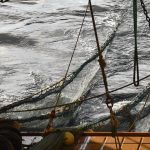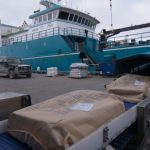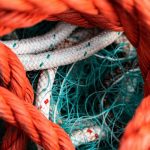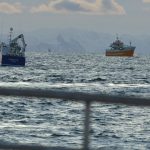Fisheries talks at the World Trade Organization takes new turn when the trade diplomats said that differences remained wide, but countries were working hard to find ways of bridging the gaps. Trinidad’s ambassador to the WTO, Dennis Francis, who chairs the negotiations on trade rules that include fisheries subsidies, said that all delegations remain highly committed and have shown a very constructive disposition.
The new mood contrasts with past meetings on fisheries and other topics marked by deep differences and a reluctance to discuss detail. The talks turn on ways of curbing the subsidised overfishing held responsible for the near-collapse of global fish stocks, on which hundreds of millions of people rely for food, while finding exceptions for developing countries to allow their small-scale fishermen to continue to earn a living.
The ambassadors discussed that many countries were now focusing on an arrangement that would deal with the most dangerous subsidies rather than covering every problem.
These would be subsidies that increase the capacity of vessels or fleets, such as support for construction and renovation, or facilitate changes in ownership or country. Australia has called for subsidies for fishing methods that destroy the underwater environment, such as bottom trawling, to be banned.
The talks are part of the WTO’s Doha round to help poor countries prosper through more trade while freeing up global commerce, and mark the first time a specifically environmental issue has been included in trade negotiations.








